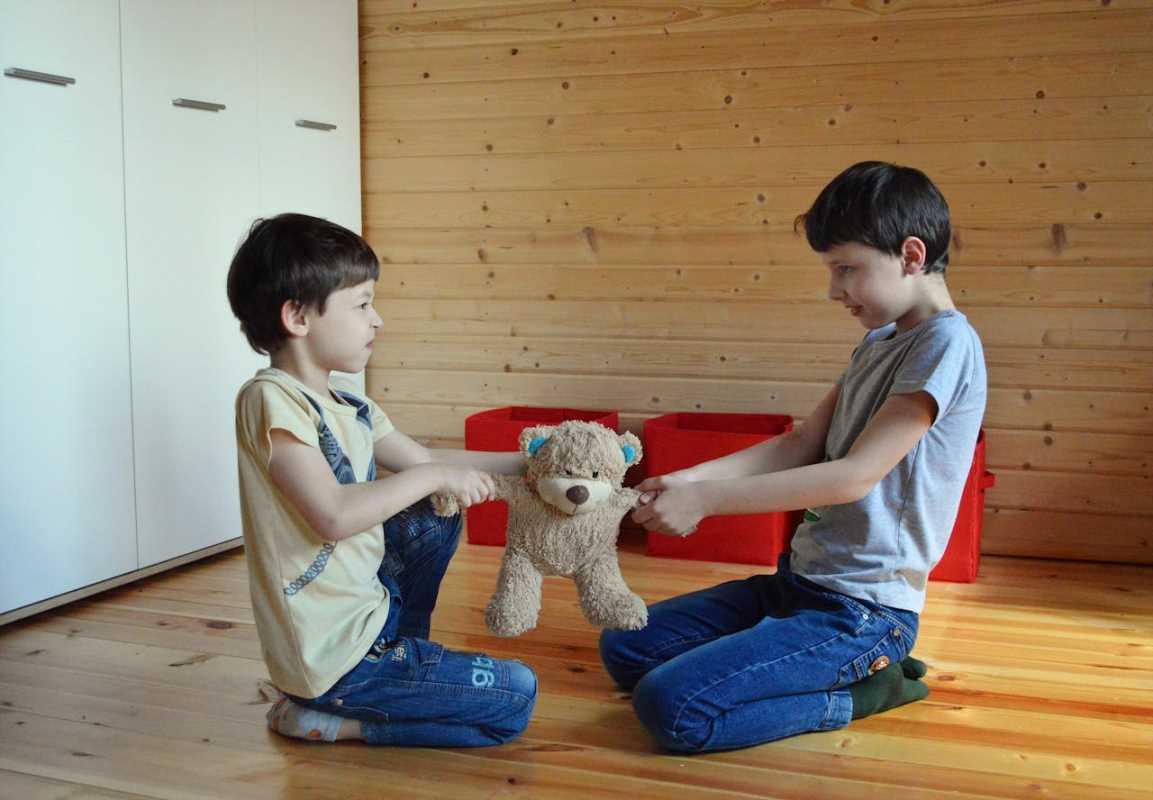A family vacation promises fun, adventure, and cherished memories, but it isn’t without its challenges. Conflicts can arise over differences in preferences, unexpected obstacles, or even simple miscommunications. These moments, while frustrating, don’t have to overshadow your trip. Handling disputes calmly and proactively helps maintain harmony and ensures everyone has an enjoyable experience. By focusing on preparation, effective communication, and practical strategies, families can overcome tension and create a more peaceful atmosphere.
Set the Foundation with Thoughtful Planning
Disagreements often have roots in the planning stage. Creating schedules and making decisions together before departure minimizes unnecessary stress while ensuring everyone feels involved.
- Discuss Expectations Early: Sit down as a family and talk openly about the trip. Encourage each person to share what they’re most excited about or nervous about. This inclusive approach helps uncover potential conflicts before they escalate.
- Compromise on Priorities: Balancing everyone’s preferences is key. For example, if one person craves outdoor adventures while another prefers relaxing by the pool, plan a day for each activity. Giving everyone something to look forward to fosters cooperation.
- Draft a Flexible Itinerary: Overloading the schedule with back-to-back activities adds unnecessary pressure. Including downtime allows for relaxation, recalibration, and spontaneous fun—all of which reduce stress.
Tackle Miscommunications Before They Escalate
Clear communication prevents many conflicts, but misunderstandings happen, especially under the pressures of travel. Learning how to defuse tensions calmly avoids unnecessary drama.
- Establish a Family Communication Plan: Agreeing on a method to address issues—such as pausing for group discussions—empowers everyone to voice concerns constructively. A simple family meeting over breakfast can address frustrations before they snowball.
- Practice Active Listening: Conflicts often escalate because people feel unheard. Encourage family members to actively listen by repeating or acknowledging what others are saying. Statements like, “I understand you really wanted to visit this museum,” can de-escalate tensions.
- Use “I” Statements: Framing concerns with “I feel” rather than “You did” reduces defensiveness. Saying, “I feel stressed when we rush,” is far less confrontational than, “You’re always making us late.”
Manage Unexpected Situations with Flexibility
Travel rarely goes perfectly according to plan. Missed flights, bad weather, or other unforeseen hiccups test patience and can lead to meltdowns without the right coping strategies.
- Focus on What’s Within Control: Shifting the mindset from frustration to problem-solving can make a big difference. If a flight delay disrupts an itinerary, use the time as an opportunity for an impromptu game, conversation, or photo-sharing session.
- Stay Positive in Front of Kids: Children often mirror adults’ attitudes. Remaining calm and optimistic during minor setbacks, such as a late meal reservation or temporary road closures, sets a great example of resilience.
- Keep Backup Resources Handy: Packing items like snacks, entertainment, and portable phone chargers reduces the impact of delays. A well-prepared family can turn inconvenient moments into manageable ones.
Reduce Conflicts During Shared Activities
Certain travel situations—like long car rides or packed sightseeing schedules—test even the most harmonious families. Structuring these moments thoughtfully helps everyone stay on good terms.
- Designate Personal Space: Even in tight quarters, brief moments of solitude can improve moods. Earbuds, books, or quiet reflection time during long drives give everyone a chance to recharge.
- Rotate Leadership Roles: Assigning daily “decision-makers” gives each family member an opportunity to choose what the group does or where to eat. This method provides a sense of control while eliminating arguments over decision-making.
- Introduce Team-Building Fun: Activities like creating a scavenger hunt, solving puzzles together, or sharing silly travel-themed trivia unify the group and shift focus away from disagreements.
Address Emotional Needs During the Trip
Long days and unfamiliar settings can lead to emotional burnout, especially for children. Recognizing and addressing emotional needs ensures everyone stays happier and more patient.
- Schedule Rest Breaks: Energy levels vary widely, particularly when traveling with kids or elderly family members. Setting aside time to rest helps reduce irritability and improves overall mood.
- Acknowledge Feelings: Sometimes admitting that travel can be stressful helps everyone feel validated. A simple comment like, “I know today was exhausting, but you handled it well,” offers emotional reassurance and keeps spirits high.
- Bring Comfort Items: Familiar objects like blankets, favorite snacks, or small toys make children—and even adults—feel more at ease in new environments.
Maintain Peace by Focusing on the Big Picture
Vacations are about creating memories, but small conflicts can overshadow those opportunities if not kept in perspective. Shifting focus to the positives helps everyone stay grounded.
- Celebrate Small Wins: Acknowledge achievements, like arriving at a destination on time or finishing a hike together. These little victories boost morale and counterbalance any rough moments.
- Create a Tradition of Gratitude: End each day by sharing highlights or what each person loved most. Reflecting on happy experiences fosters smiles, laughter, and stronger family connections.
- Remember to Laugh: Humor turns tension into relief. Sharing funny moments, jokes, or inside family quips diffuses negativity and redirects focus toward joy.
Conflict isn’t entirely negative. It offers a chance to teach families valuable life skills like problem-solving, empathy, and teamwork. Encouraging these lessons while traveling not only eases current disputes but also strengthens relationships for future trips. By practicing patience, kindness, and flexibility, you’ll keep the peace and focus on what truly matters—enjoying time together and creating memories that will last a lifetime.
 (Image via
(Image via





